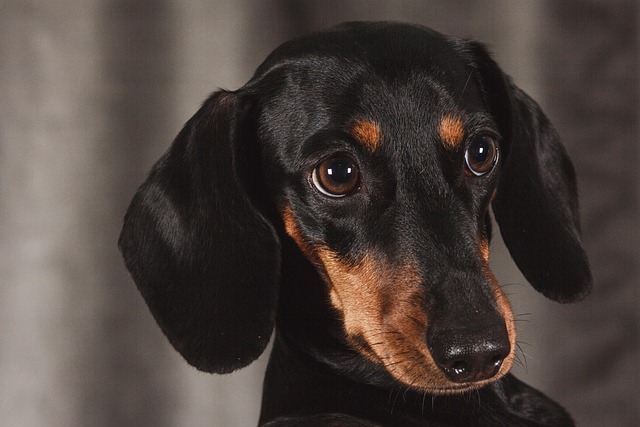
What are 5 common foods to feed dogs if they have an upset stomach
If you’ve ever watched your dog turn away from their food, then spend the next hour pacing and whimpering, you know the panic of an upset stomach.
Bringing home a golden retriever puppy is like welcoming a bundle of sunshine into your life—full of energy, curiosity, and an eagerness to bond. But beyond the wagging tail and those irresistible puppy eyes lies a responsibility to nurture both their physical health and emotional wellbeing. Golden retrievers thrive on connection, and missing either aspect can lead to behavioral issues or anxiety down the road. Let’s break down what holistic care really looks like for these social butterflies.
Golden retriever puppies wear their hearts on their paws. They’re sensitive to tone, body language, and even household tension, which means their emotional needs are just as critical as their vaccination schedule. Ever noticed how they shadow you from room to room? That’s not just puppy curiosity—it’s a breed hardwired for companionship. Ignoring this can manifest in chewing, barking, or clinginess. A study from the University of Pennsylvania found that puppies deprived of positive human interaction during their first 16 weeks showed heightened stress responses as adults. So when your pup nudges your hand for attention, they’re not being needy; they’re building trust.
Physical care starts with the basics: high-quality puppy food rich in DHA for brain development, a grooming routine that acclimates them to handling (focus on those feathery ears where mats love to hide), and age-appropriate exercise. Overwalking a puppy under six months can harm developing joints, but mental stimulation is always fair game. Puzzle feeders or kibble scattered in the yard tap into their retriever instincts while burning energy. Pro tip: Schedule vet visits early for preventive care—goldens are prone to hip dysplasia, and early detection is key.
Socialization isn’t just about playdates; it’s about crafting positive associations. A golden retriever puppy exposed to diverse sounds, surfaces, and polite dogs before 14 weeks is more likely to grow into a confident adult. Skip the dog park until vaccinations are complete, but invite friends over for “puppy parties” where they toss treats as your pup observes. Car rides? Make them fun with short trips to get pup cups (a secret handshake among golden owners). The goal isn’t to overwhelm but to introduce novelty in bite-sized, rewarding doses.
Training a golden retriever puppy works best when it feels like a game. Their emotional radar picks up frustration instantly, so swap scolding for redirecting. If they chew your sneakers, offer a frozen carrot instead—it soothes teething gums while saving your shoes. Use their love of food to your advantage: tiny training treats for “sit” or “leave it” reinforce good behavior without overfeeding. And never underestimate the power of a happy voice; these pups will work harder for praise than most breeds.
The bond you build now sets the tone for a lifetime. Notice what makes your puppy’s tail go helicopter-mode—maybe it’s belly rubs or a particular squeaky toy—and lean into those moments. Establish rituals, like a post-dinner cuddle session or a sniffari walk where they lead the way. Golden retrievers are emotional mirrors; your calm becomes their calm. When you prioritize their heart as much as their health, you’re not just raising a dog. You’re nurturing a family member who’ll remind you daily that joy doesn’t need words.

If you’ve ever watched your dog turn away from their food, then spend the next hour pacing and whimpering, you know the panic of an upset stomach.
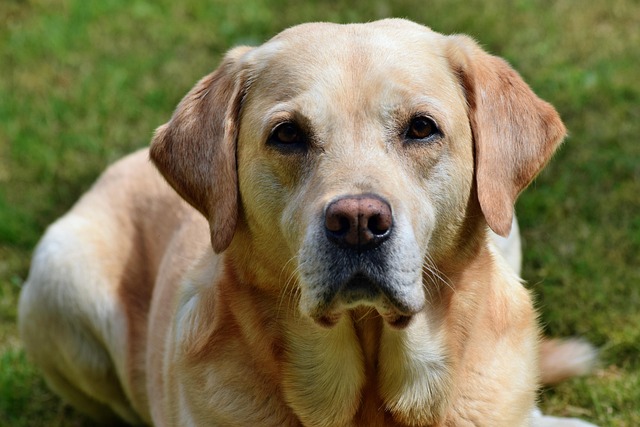
If you’ve ever cleaned up diarrhea or watched your dog vomit after meals, only to feel helpless as they refuse their next bowl of food, you know the stress of a sensitive stomach.
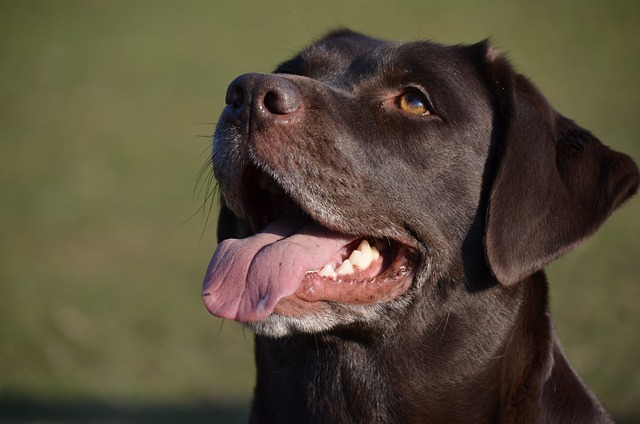
If you’ve ever stared at the ingredient list on your dog’s kibble, wondering what “meat by-products” really are, you’re not alone. New dog owners
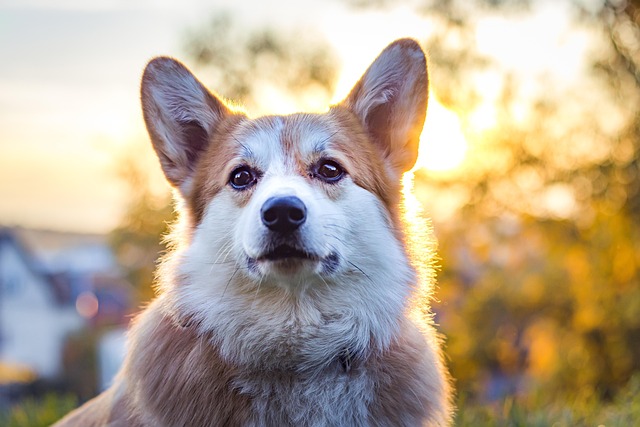
If you’ve ever noticed your dog suddenly shaking their head like a wet towel, or pawing at their ear until it’s red and sore, you might’ve wondered if they’re just being “naughty.”
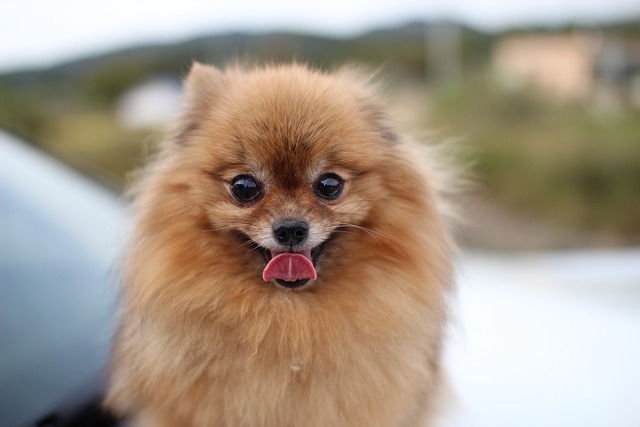
Finding worms in your dog’s stool or noticing them scooting uncomfortably across the floor is enough to make any pet owner’s heart sink.
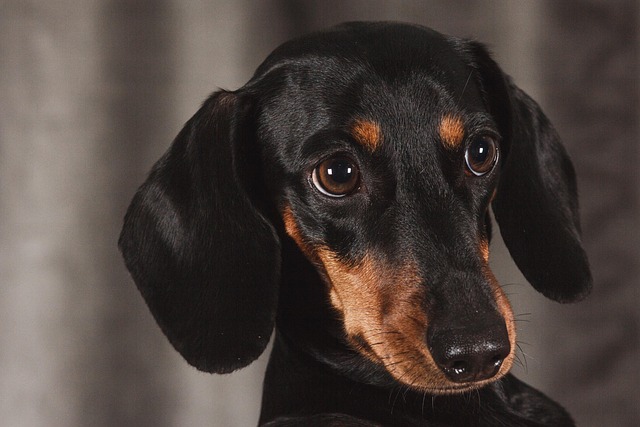
If you’ve ever dreamed of having a dog but hesitated because your eyes water and nose runs around furry pets, you’re not alone.